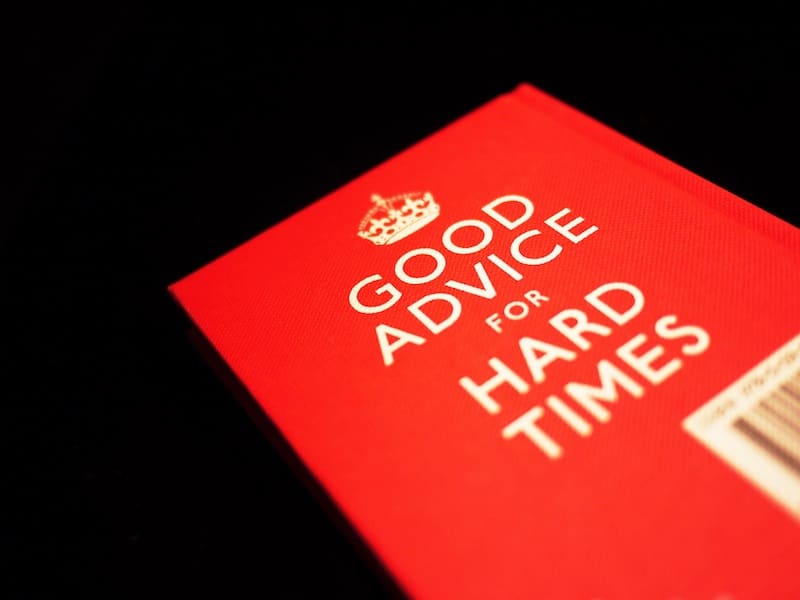
Nonprofit Radio listener Matt emailed me, asking for advice on a sensitive direct mail fundraising problem at the Minnesota charity where he is a gift officer.
Let’s help him!
With a bit of editing for conciseness, here’s what Matt says:
“We have a direct mail that just got out the door and was delivered to 6,000 donors today.
“I just received a call from a confused donor who received this letter. She has given to our organization before, but at a smaller level, but her letter said she has given a gift of $1,500 in the past and asked her to give over $2,000 to this appeal (she actually gave $50).
“Obviously, somewhere our spreadsheet that was exported out of Raiser’s Edge was in error.
“I was wondering if you have any recommendations on how to follow this up? A second letter acknowledging the mistake? Ignore the mistake? Etc.”
Thoughtfully, he asks that other nonprofits take care in their appeal mailings. He wants others to learn from his office’s mishap.
Matt and his office need help fast. They’ve got to make a decision and execute quickly. What’s your advice?
I’ll get us started, but feel free to disagree with me. Good decisions come from open dialogue.
Matt, I suggest you send contrite emails and then letters to each person whose letter is wrong. Explicitly apologize. Assure them the organization tries very hard to achieve 100% accuracy in its work and you regret that this time you fell short. Your CEO should sign the letter.
Time is of the essence. What’s your advice for Matt?
Listener Matt thanks everyone! Here’s what he emailed me:
“And thanks for the info about our direct mail mistake. That was very helpful. We got an apology out right away and have had a very good response from the donors.
“We will be more careful next time.”
You’re welcome, Matt! Our community excels! Thank you, thank you!
Personal, sincere, apologetic, use it as an opportunity. Terrific advice for Matt, thank you Pam, Ruthellen and Rick for taking time to help him!
Fast, simple, apologetic letter that focuses more on apology about any confusion or distress than on explaining. Simply say that you’re changing protocol so it won’t happen again. Select calls would be great — perhaps to a few top donors and to some with the biggest delta between reality and what was sent. See it through their eyes; alleviate their confusion.
Let me clarify my suggestion to make calls. Yes – letters and/or emails to everyone. But you do have time to call the major donors — start from the biggest givers and work down the list. Turn this disaster around to an opportunity to personally connect to your most important donors.
Good luck!
No blame, no over-explaining, absolute assurance that this will not happen again. And please, humanize your words – leave off the nonprofit jargon. A simple, heartfelt apology – perhaps made initially by telephone and followed with a note. You’ll never beat handwritten. And avoid over-apologizing too. Mistakes happen.
I wish I could say that’s the reason I failed the NY bar exam first time.
Thanks for helping Matt!
I would agree with the other responders. A gracious, heartfelt apology and a personal thank you for pointing out the issue is called for.
Whether a handwritten letter or a call from the Development Director, the donor(s) need that special attention to maintain the relationship for the future.
It sounds to me that the issue was probably caused by careless data entry, or if the information was in an excel type format, the individual read the gift off the incorrect line. This happened to me in college when taking an exam using those computerized sheets with multiple choice questions that you fill in with a #2 pencil. I missed one and answered the questions on the wrong line. All of my answers were marked wrong, even though I answered correctly.
Best of luck to your listener. Unfortunately, it is a valuable lesson learned the hard way.
Handwritten words on the envelope!
Agree with Ruth, you can easily determine which mailers were sent out incorrectly. If manageable then call them, if not then mail them with a succinct letter as you suggest.
I would love to see a handwritten apology (, our apologies…) to the donor on the envelope as well. Again only if feasible.
Letter should show care and concern at the mistake. Also suggest stating no personal customer information was mishandled in this process, an important concern for many donors.
Matt: you had asked about how to prevent this from happening again. Spot checking letters as Ruthellen suggests.
Ruthellen: making calls to 6,000 probably isn’t feasible. I presume all the letters were wrong.
Don’t blame computers and software. Spreadsheets and databases are never in error – the staff who put the data in, create the queries, check the reports and spot check the letters are in error. Fall on your sword. You should be able to determine fairly easily who received the letters with incorrect information. Explain that it was human error and that you take it very seriously. I agree with Tony — respond as quickly as possible with an apology. That apology is a perfect way to demonstrate to your donors that there are real people stewarding their donations. Get on the phone and call as many of the donors you can (work from the largest donors down) — even if you leave a voicemail.